Economic rights have a time limit, which can vary according to national law. In countries that are members of the Berne Convention, the time limit should be equal to or longer than 50 years after the creator’s death. Longer periods of protection may, however, be provided at the national level.
Firstly, copyright protection is automatic in all states party to the Berne Convention. While there may be nuances to the particular national laws applicable in these states, in general, there is a high degree of harmony.
In contrast, in states that are not party to the Berne Convention, copyright laws are territorial, meaning they apply only within the country in which they were enacted. To protect your work internationally, you must research and comply with the legal requirements in each country where protection is desired.
Computer programs and other types of software are considered literary works for copyright purposes and receive automatic protection without the need for registration. In some countries, the process of voluntary registration for software may differ from that for other types of works.
A website may be understood as a webpage or set of interconnected webpages, hosted or stored on a server and made available online to the public. Users can access information and other content via scrolling, internal links, or a search feature.
A website usually consists of different components which may be copyrightable subject matter under Section 13 of the Copyright Act, 1957. These can include digital files such as:
The website as a whole is not protected by copyright. Non-copyrightable content may include ideas or future plans of websites, functional elements, layout or 'look and feel', or common materials like names or icons.
Applicants must submit separate applications for each component/content on the website.
Generally, the original creator or author is the first owner. However, exceptions exist. In some countries, economic rights may initially rest with the employer or be automatically assigned to them.
Yes. Authorization (e.g., a license or assignment of rights) is generally required. This may be obtained from the copyright owner or a collective management organization.
Some exceptions include:
These are legal allowances that permit the use of copyrighted works without authorization, such as:
A public domain work no longer has an economic rights holder, typically due to expired protection. Examples include classical works like Homer’s Odyssey. Some authors may also voluntarily relinquish their rights
No. Copyrighted works online remain protected regardless of medium. Use typically requires authorization unless:

WhatsApp us